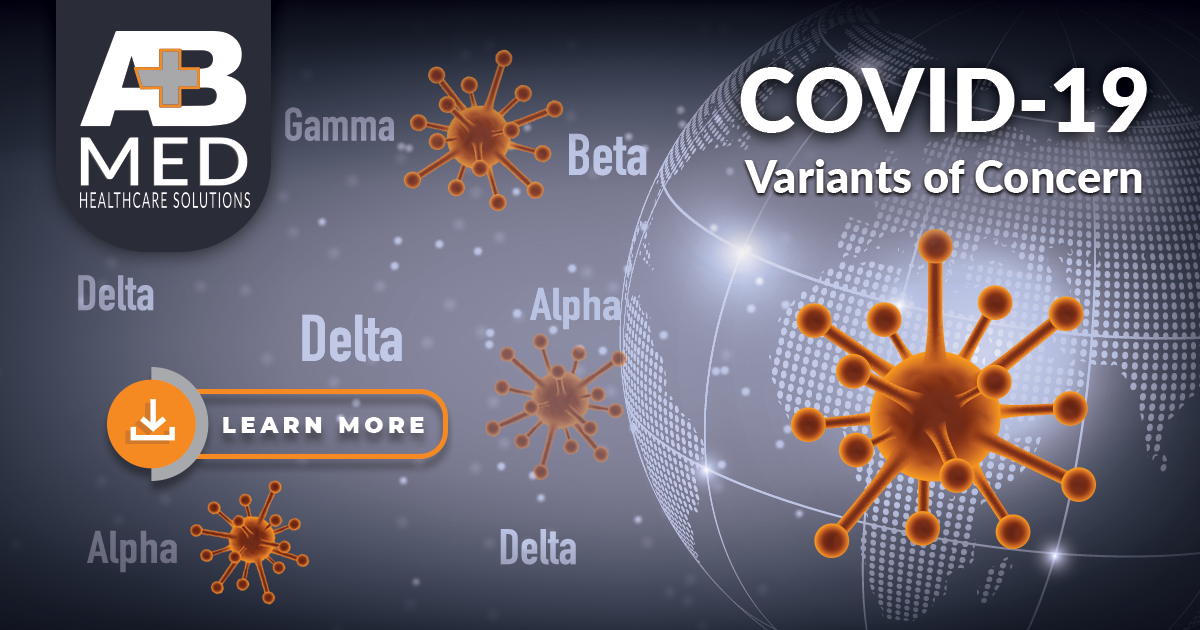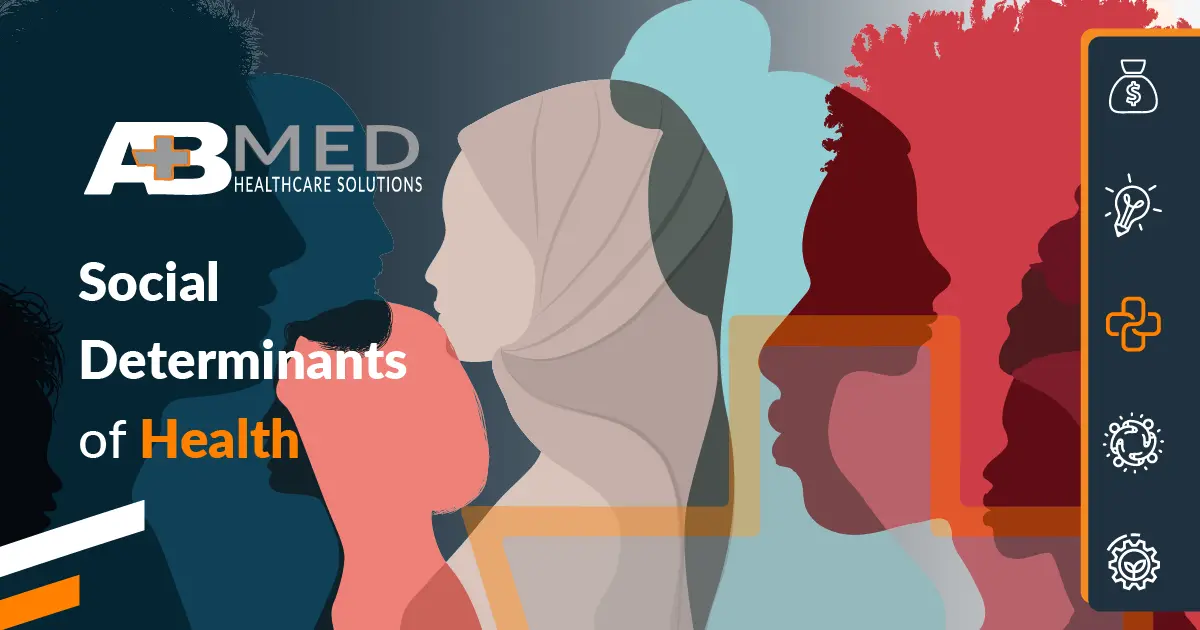What is a variant?
Viruses are continuously changing through a mutation process, and new varieties of a virus are constantly emerging. Some variations occur and then vanish. Other times, new variants persist. During this pandemic, scientists have identified many variants of the virus that causes COVID-19 worldwide.
Viruses are continuously evolving. Scientists are monitoring these remodelings, including any changes to the virus’s spikes. Studying the variants improves our understanding of how changes to the virus impact how it spreads and how sick individuals become from contracting it.
Some mutations make the virus more contagious or resistant to treatments or vaccinations. These variants are carefully monitored.
How are variants classified?
The US Department of Health and Human Services established the SARS-CoV-2 Interagency Group (SIG). The focus of SIG is to rapidly characterize emerging variants. Based on scientific evidence, SIG classifies each variant in one of the following three categories:
- Variant of Interest (VOI)
“A variant with specific genetic markers that have been associated with changes to receptor binding, reduced neutralization by antibodies generated against previous infection or vaccination, reduced efficacy of treatments, potential diagnostic impact, or predicted increase in transmissibility or disease severity [i]“
- Variant of Concern (VOC)
“A variant for which there is evidence of an increase in transmissibility, more severe disease (e.g., increased hospitalizations or deaths), significant reduction in neutralization by antibodies generated during previous infection or vaccination, reduced effectiveness of treatments or vaccines, or diagnostic detection failures [i]“
- Variant of High Consequence (VOHC)
“A variant of high consequence has clear evidence that prevention measures or medical countermeasures (MCMs) have significantly reduced effectiveness relative to previously circulating variants. [i]“
Which are the Variants of Concern?
Many variants of interest are under surveillance. These strains offer valuable insight to the scientific community. However, they do not affect our current countermeasures against the virus and require minimal deviation from our current strategies.
Variants of Concern require a lot more attention. VOCs impact public health actions because they may require modifications in the way we diagnose, treat, or vaccinate against the virus.
Why do we worry about Delta?
Delta has secured its place among the variants of concern for three main reasons:
- Delta is more Contagious
Recent studies [ii] are indicating that the Delta variant has a higher rate of transmission when compared to the original strain and even to the other variants of concern. Delta’s ability to spread faster is evident in the fact that in a very short period it has become the predominant strain in many countries, and it is on track to do the same in the USA.
-
Delta is more difficult to Treat
Delta is potentially less responsive to neutralization by some EUA monoclonal antibody treatments [iii]. Preliminary studies indicated reduced activity against the virus, but more research is needed for definitive answers.
- Delta is more resistant to Vaccines)
Preliminary evidence suggests that the Delta variant may possess immune evasion in patients that received the Pfizer, Moderna, or Covaxin vaccines. There are indications of a reduction in neutralization by post-vaccination sera [iv]. However, vaccination is still able to reduce the severity of illness, decrease hospitalizations, and lower instances of death from the virus.
How we can protect our Communities
Delta will not be the last variant to emerge. Promoting mitigation measures, like vaccination, masks, and distancing is our only opportunity to break the cycle of transmission. Although more studies are needed to fully understand the Delta strain, our current information is enough to categorize it in the variants of concern. Let us assist you in the fight against Covid-19. Get in touch and learn how a trusted partner can improve the health of your community. Let’s Connect.
REFERENCES & RESOURCES
- CDC (2020). Coronavirus Disease 2019 (COVID-19). [online] Centers for Disease Control and Prevention. Available at: https://www.cdc.gov/coronavirus/2019-ncov/variants/variant-info.html.
- Allen, H., Vusirikala, A., Flannagan, J., Twohig, K., Zaidi, A., Groves, N., Lopez-Bernal, J., Harris, R., Charlett, A., Dabrera, G. and Kall, M. (n.d.). Increased household transmission of COVID-19 cases associated with SARS-CoV-2 Variant of Concern B.1.617.2: a national case- control study. [online] . Available at: https://khub.net/documents/135939561/405676950/Increased+Household+Transmission+of+COVID-19+Cases+-+national+case+study.pdf/7f7764fb-ecb0-da31-77b3-b1a8ef7be9aa [Accessed 19 Jul. 2021].
- FACT SHEET FOR HEALTH CARE PROVIDERS EMERGENCY USE AUTHORIZATION (EUA) OF REGEN-COV TM (casirivimab with imdevimab). (n.d.). [online] . Available at: https://www.fda.gov/media/145611/download. FACT SHEET FOR HEALTH CARE PROVIDERS EMERGENCY USE AUTHORIZATION (EUA) OF BAMLANIVIMAB AND ETESEVIMAB AUTHORIZED USE. (n.d.). [online] . Available at: https://www.fda.gov/media/145802/download.
- CDC (2020). Coronavirus Disease 2019 (COVID-19). [online] Centers for Disease Control and Prevention. Available at: https://www.cdc.gov/coronavirus/2019-ncov/variants/variant-info.html#Concern.
- CDC (2020). Coronavirus Disease 2019 (COVID-19). [online] Centers for Disease Control and Prevention. Available at: https://www.cdc.gov/coronavirus/2019-ncov/variants/variant.html.
- Corum, J. and Zimmer, C. (n.d.). Coronavirus Variants and Mutations. The New York Times. [online] Available at: https://www.nytimes.com/interactive/2021/health/coronavirus-variant-tracker.html.
By: Erik McLaughlin MD, MPH and Aikaterini Papadopoulou, B.Arch







